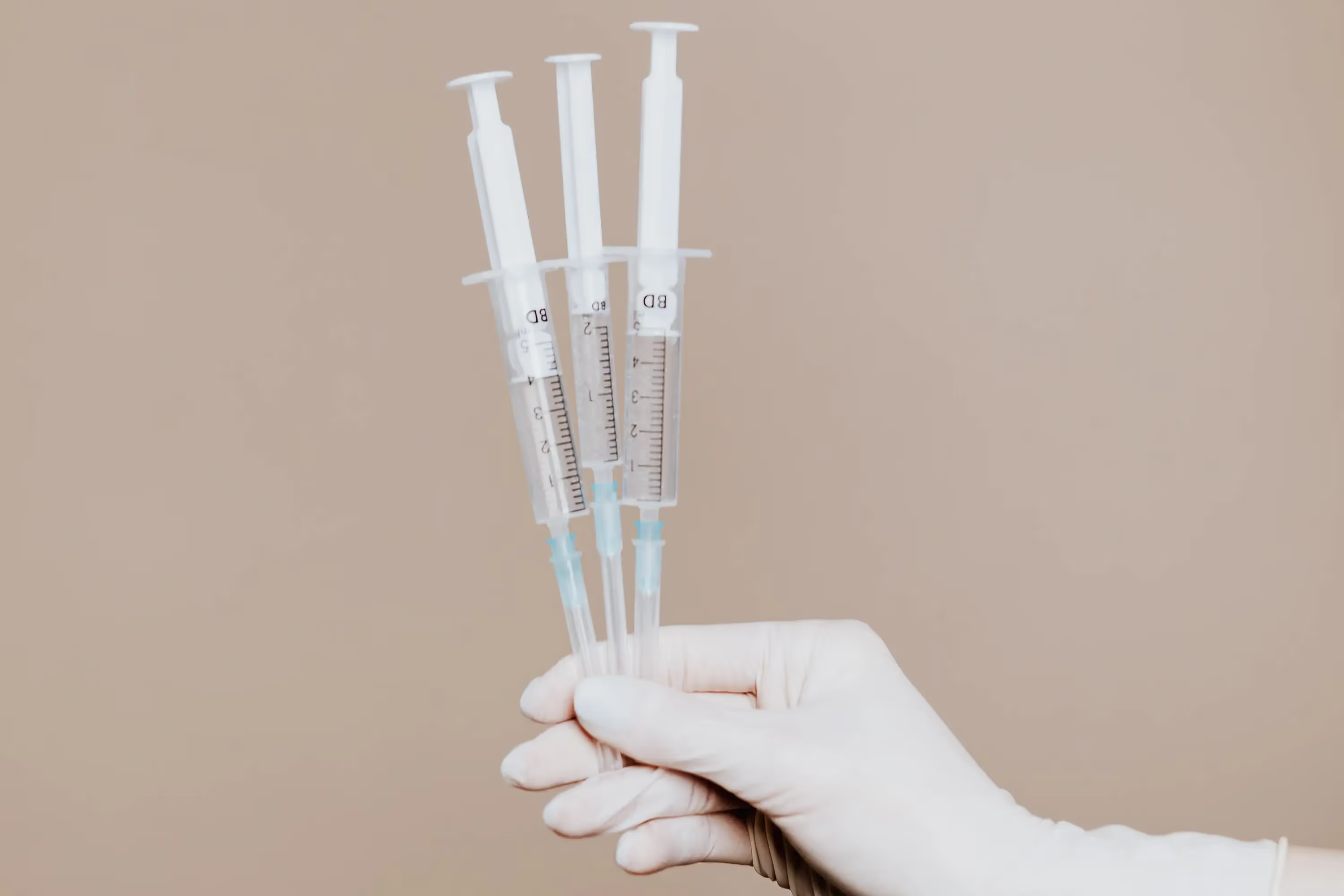The coronavirus pandemic is sweeping the globe with an estimated 108 million cases worldwide. (Source) Symptoms of COVID-19 — the disease caused by the SARS CoV-2 virus that emerged in 2019 — may appear 2 to 14 days after exposure to the virus and differ from person to person. Possible symptoms include:
- Fever
- Chills
- Cough
- Shortness of breath
- Difficulty breathing
- Fatigue
- Muscle and body aches
- Headache
- Loss of taste or smell
- Sore throat
- Nasal congestion
- Runny nose
- Nausea
- Vomiting
(Source)
The pandemic has brought up questions of how lupus (systemic lupus erythematosus, or SLE) affects the risk of contracting the coronavirus, whether lupus should be considered a serious underlying health condition in COVID-19 vaccine allocation guidelines, and how individuals with lupus can maintain their health and safety. (Source)
What Is Lupus?
Lupus is a long-term, chronic autoimmune disease in which the immune response goes into hyperdrive and produces autoantibodies. These auto, or self, antibodies attack healthy tissues, causing inflammation, swelling, and damage. Symptoms include fatigue, joint pain, rash, and fever. Periodically, symptoms can become more severe; this phenomenon is referred to as a lupus flare-up. (Source, Source)
There is currently no cure for lupus, so treatments primarily focus on improving quality of life by controlling symptoms and minimizing the frequency and severity of flare-ups. Therapies and medications such as immunosuppressants, anti-inflammatories, and steroids may also be helpful. (Source, Source, Source)
Lupus and Risk of COVID-19 Infection
Some experts believe that people with lupus are at greater risk of infection with viruses like COVID-19, and may be more likely to suffer severe complications if they do contract a virus. (Source) Because lupus is an autoimmune disorder, it may alter the immune system's ability to effectively fight off the coronavirus.
Some people with autoimmune disorders are more susceptible to pathogens because their immune system is focused on targeting their own tissues. For others, however, a hyperactive immune system may help prevent illness. (Source, Source)

Overexpression of ACE2 in lupus is implicated
The SARS-CoV-2 virus infects a cell by binding to a protein found on the cell’s outer membrane called angiotensin-converting enzyme 2 (ACE2). Studies of the correlation between SARS-CoV-2 and rheumatic disease suggest overexpression of ACE2 in lupus may be connected with increased susceptibility to infection with COVID-19. (Source) However, further research is needed to confirm a causal relationship between overexpression of ACE2 in lupus and infection with COVID-19.
What the research shows about lupus and COVID-19 risk
There have been few studies specifically looking at the effects of COVID-19 on individuals with autoimmune diseases or those taking immunosuppressant drugs. Reports of other coronaviruses causing pneumonia in immunocompromised patients, however, suggest people with lupus may be at a greater risk of developing respiratory complications from COVID-19. (Source)
Furthermore, in patients with lymphopenia, a condition characterized by low levels of white blood cells that is common in individuals with lupus, a low blood lymphocyte percentage increased COVID-19 severity. (Source, Source) Thus, lupus may increase vulnerability to COVID-19 infection and to serious complications.
Studies on lupus and COVID-19 risk are not conclusive
In contrast, however, two studies published July 2020 in Arthritis and Rheumatology found that patients with lupus and another rheumatic disease, inflammatory arthritis, faced no greater COVID-19 risk than the general population. Immunosuppressants prescribed for the autoimmune conditions also did not significantly change the risk for more severe COVID-19 outcomes. (Source, Source)
However, these studies used small sample sizes that may not represent the whole population. Further research should be done involving larger, more diverse sample sizes to determine the relationship between lupus and the risk of COVID-19 infection.

.avif)
%20(1).avif)
%20(1).avif)

.avif)











.avif)

%2520(1).avif)



